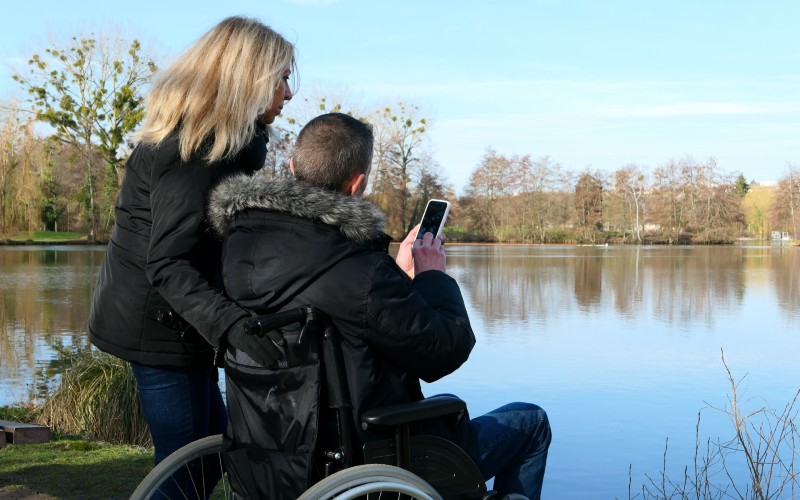
If you have received compensation following a personal injury, you might be wondering what to do next. While it's tempting to dream of luxury purchases, there is a more practical and protective step you should consider: setting up a Personal Injury Trust.
What is a Personal Injury Trust?
A Personal Injury Trust is a legal arrangement that allows you or your Trustees to hold and manage compensation received from a personal injury claim. The claim could be in result of a road traffic or workplace accident, medical negligence, or even a criminal act. The trust protects your compensation and it may help you maintain eligibility for means-tested benefits and care support.
Why Set Up a Personal Injury Trust?
The main reason is protection, both financial and personal. A Personal Injury Trust can help:
- Preserve Means-Tested Benefits: Without a trust, your compensation becomes part of your personal estate and may push you over the threshold, affecting your entitlement to means-tested benefits.
- Protect Against Care Costs: Compensation held in a trust may be disregarded in assessments for residential or at-home care.
- Safeguard Assets: A trust can shield your funds from family disputes, relationship breakdowns, or poor financial decisions.
- Plan for the Future: Even if you are not currently receiving benefits, a long term injury may change your circumstances. A trust set up early can protect your position later.
Time is of the Essence
Ideally, a Personal Injury Trust should be set up before you receive your compensation. There is a 52 week disregard period during which your award won’t affect your benefits. However, this clock starts ticking from the day you receive any payment, even an interim one.
If you miss this window, you can still set up a trust, but it may become harder to separate your compensation from other assets, and you may lose out on benefits you could have otherwise claimed.
Who Should Consider a Personal Injury Trust?
Anyone receiving a compensation award should consider a Personal Injury Trust, however itis especially relevant if:
- You are on or may need means-tested benefits in the future.
- You are retiring early due to injury.
- You want to protect your assets for the future.
- You are managing a large sum and want professional oversight.
Even smaller awards can benefit from a trust, depending on your circumstances. For example, someone with a modest settlement might still lose benefits without a trust, while someone with a larger award may need more complex arrangements.
What if the Injured Person Lacks Capacity?
If the injured person cannot manage their affairs, a trust can still be set up. This may require a Power of Attorney or a Guardianship Order. It is vital that these legal documents include the authority to create a trust.
How Much Will This Cost?
Setting up and running a trust involves costs, which may be recoverable as part of your personal injury claim, if the court agrees itis necessary. It is therefore important that you seek advice from a Private Client Solicitor early in your claim process rather than waiting until you have received an award.
Frequently Asked Questions
- Will I lose my benefits if I do not set up a Personal Injury Trust?
If your compensation pushes your savings over the threshold you could lose entitlement to means-tested benefits unless the funds are placed in a trust. - Can I still access my money if itis in a trust?
Depending on the structure, your trustees can release and pay funds to you as needed. The trust is designed to protect your money, not restrict it. - Do I need a trust even if I am not currently on benefits?
When living with a long term injury, your circumstances may change, therefore setting up a trust early protects your future eligibility for benefits or care funding. - How soon do I need to set up the trust?
Ideally within 52 weeks of receiving any compensation payment (including interim payments). After that, your award may be counted as part of your estate.
How Can Thorntons Help?
At Thorntons, we are here to help you navigate these decisions with confidence and clarity. If you have received or are expecting a personal injury compensation award, contact our expert Private Client team today to discuss whether a Personal Injury Trust is right for you. Call us on 03330 430150.
